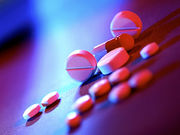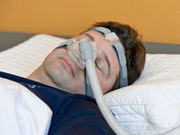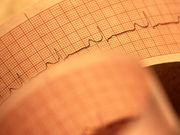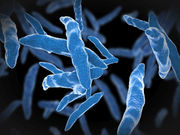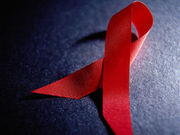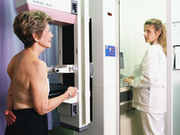Extended-Release Niacin Lowers ApoB-48 Concentration in T2DM
ERN together with statin reduces apoB-48 by lowering fasting and postprandial secretion rate
Financial Obstacles Only Partly to Blame for Low CPAP Acceptance
However, potential 27 percent improvement in CPAP acceptance with higher neighborhood income
Cardiomyopathy Etiology Impacts Catheter Ablation Outcomes
Patients with idiopathic dilated cardiomyopathy have long-term atrial fibrillation control
CDC: TB Potentially Passed From Zoo Elephants to People
Findings show potential source of infection with long-term, close contact with infected animals
CDC: Americans Still Consume Too Much Salt
Changes in individual lifestyles and how foods are produced are needed to lower consumption
More Testing, Treatment Could Dramatically Cut New HIV Cases
Researchers say testing, treating, and providing preventive drugs are crucial
Increased Risk of Cancer Mortality for Organ Recipients
Cancer second leading cause of death in solid-organ transplant recipients
Motor Control Exercise Can Help Ease Lower Back Pain
Specific exercises to improve coordination of muscles that control and support spine
Research Supports Annual Mammograms for Elderly Women
Screenings tied to improved breast cancer mortality among those over 69
New Guidelines Say Limit Added Sugars to <10 Percent of Calories
Recommendations focus on totality of diet, overall eating pattern


